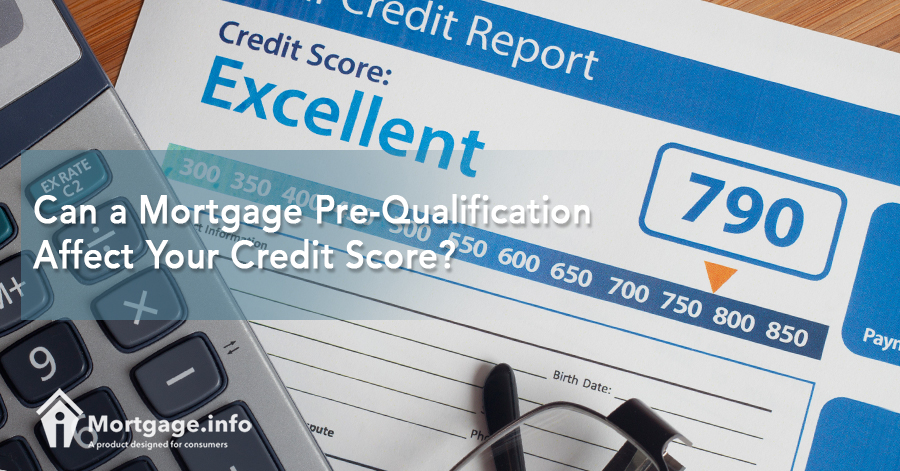Getting a mortgage pre-qualification is the first step in the mortgage process. It’s not a pre-approval, so it doesn’t hold a lot of weight with sellers. But, if you are unsure about how much mortgage you can afford, it’s a good first step.
Looking for Current Mortgage Interest Rates? Click Here.
Does the process hurt your credit score? Because the process does not require the lender to do a hard inquiry on your credit, it does not affect your score.
We discuss the details below.
The Difference Between a Pre-Qualification and Pre-Approval
There are two ways to get an approval from a lender before you go through underwriting – a pre-qualification and pre-approval.
A pre-qualification is an ‘estimate’ of what you can afford. The lender asks you a few basic questions, some of which may include questions about your credit. However, the lender does not pull your credit report. You can get a pre-qualification from several lenders and your credit would be unharmed.
A pre-approval is a more concrete ‘approval’ of sorts. It’s not a guarantee of a loan, but it lets others know that the lender actually reviewed your documents and subject to certain factors, you could secure the loan amount they designate. In this situation, the lender does pull your credit, which would put an inquiry on your credit report.
What’s the Use of a Pre-Qualification?
If the pre-qualification doesn’t get you anywhere with sellers, why would you bother? It’s basically the first step in the mortgage process. It helps you get an idea of what you can afford. Some of the items you will cover with the loan officer include:
Click to See the Latest Mortgage Rates.
- Your monthly income
- The amount and type of monthly debts you have now
- The type of other bills you have that may not report on the credit report
- The amount of your current housing payment (even if it’s rent)
- Your occupation
- The length of time at your same job
- How much student debt you carry
- The amount of a down payment you plan to make
- Where your down payment money will originate
This simple information helps the lender determine what you may be able to afford. They use the information you provide to determine approximately how much money you can borrow and what type of loan you will need. For example, if you say you will only put 3.5% down on the home, the lender will likely steer you towards the FHA program. If you say, that you will put 20% down, the lender might go the conventional loan route.
Shopping Around for a Loan
Once you know how much you may qualify for and you are ready to shop for a home, it’s time for the pre-approval. This is the next step in the process and this does affect your credit score. You will fill out a loan application and sign a disclosure allowing the lender to pull your credit. Each inquiry will then affect your credit score.
What if you want to shop around though? You can because credit bureaus recognize the need to shop around. It doesn’t make sense to take the first loan that is thrown your way. Instead, most borrowers check with various lenders to see who offers the best interest rate and term.
As long as you do this within 30 days, your credit score will likely only be hit for one inquiry. The credit bureaus recognize that it is for the same type of loan. However, if you spread out your inquiries, it will hurt your credit score multiple times. Generally, one inquiry hits your credit score around five points. Sometimes it’s not just about the points, though. Future lenders that see multiple inquiries over a long period of time may become leery of your situation. They may wonder what other loans you took out or why you applied for so many different loans.
In the end, the pre-qualification does not hurt your credit score. Most lenders don’t even pull your credit when pre-qualifying you for a loan. If you take it further though, know that it will affect your score. Shopping smart will help you avoid too much damage to your score.

